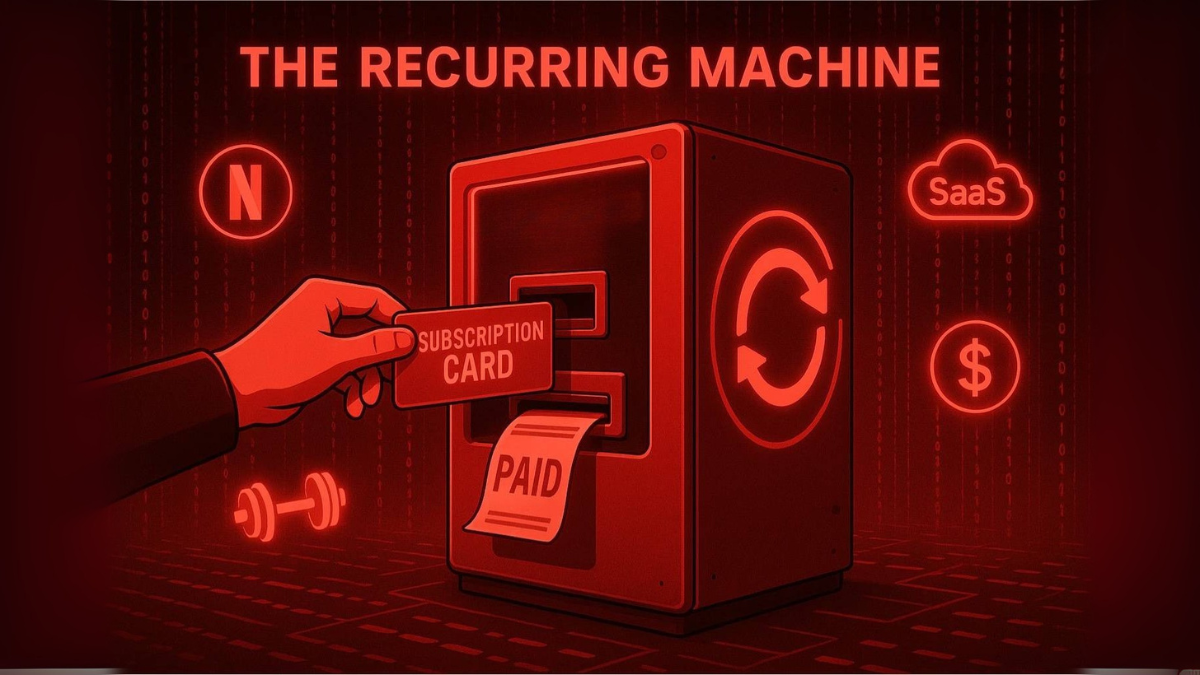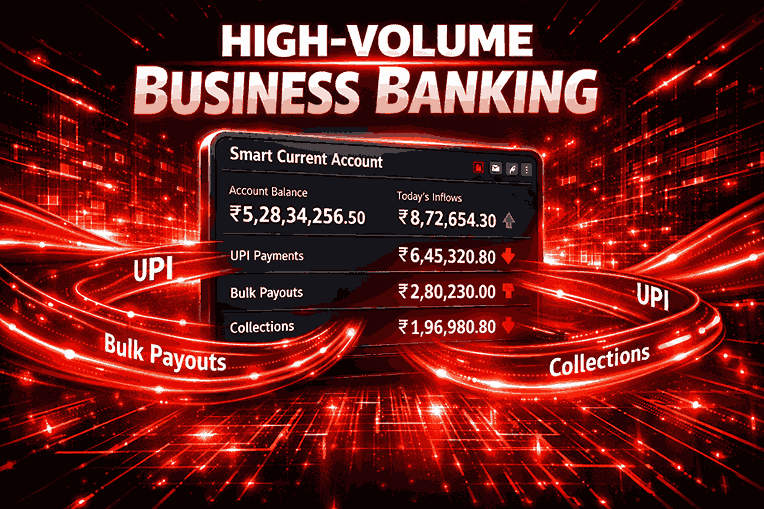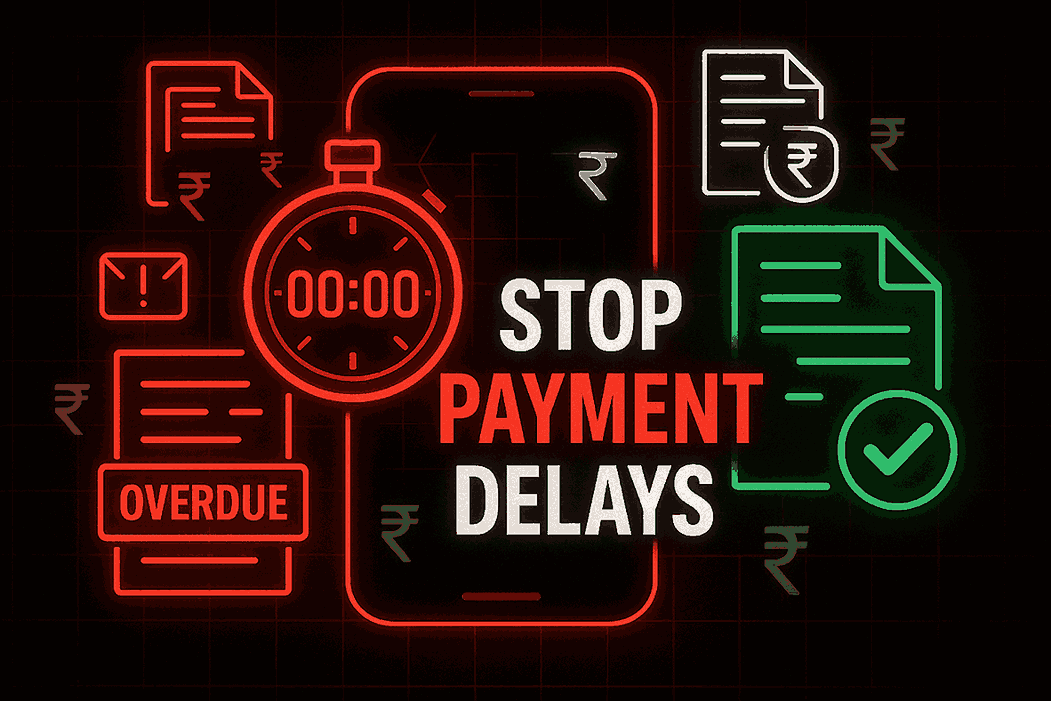What is Recurring Billing?

Recurring Billing is a payment method that allows businesses to automatically charge customers at regular intervals, such as monthly, quarterly, or annually. It simplifies the payment process by automating transactions, reducing manual follow-ups, and ensuring consistent revenue collection. This approach is widely used by businesses offering subscription services, membership plans, software, utilities, and other ongoing services.
Table of Contents
What is Recurring Billing
Examples of Recurring Billing
Types of Recurring Billing
How Recurring Billing Works
Benefits of Recurring Billing
Examples of Recurring Billing
Here are some common examples of recurring billing:
Subscription Services: Platforms like Netflix, Hulu, or Disney+ that charge customers on a streaming platform on a monthly basis.
Software as a Service (SaaS): Tools like Zoom, Slack, or Microsoft 365, where businesses pay a recurring fee for ongoing access.
Utility Bills: Regular payments for electricity, water, gas, or internet services at set intervals.
Magazine or Newspaper Subscriptions: Magazines or newspapers that customers pay for on a monthly or yearly basis.
Gym Memberships: Monthly or annual fees paid by members for access to gyms or fitness centers.
Types of Recurring Billing
Subscription Billing: Regular payments for ongoing access to services, such as streaming platforms, software, or digital content.
Membership Billing: Recurring payments for memberships, like gym memberships, club memberships, or loyalty programs.
Utility Billing: Periodic payments made for utilities like electricity, water, gas, or internet services.
Invoice Billing: Regular payments made for goods or services under subscription agreements, such as B2B vendor payments.
Insurance Billing: Recurring premiums paid to insurance providers, such as health, car, or life insurance.
Cloud Service Billing: Regular payments for cloud storage or computing services, like Google Drive or AWS.
Phone and Internet Billing: Recurring charges for mobile plans, internet services, or telecom services.
Maintenance and Support Billing: Periodic payments for ongoing maintenance, technical support, or service agreements.
How Recurring Billing Works
Recurring billing is a payment system that automates the collection of payments at regular intervals, like weekly, monthly, quarterly, or annually.
Customer Sign-Up: A customer signs up for a product or service and agrees to make payments regularly.
Payment Information: The customer provides their payment details, such as credit/debit card or bank account.
Automated Payment: On the scheduled payment date, the system securely processes the payment automatically.
Payment Confirmation: Both the business and customer receive confirmation once the payment is successful.
Retry Option: If a payment fails, the system will retry after a certain time.
Continuous Payments: Payments continue according to the set schedule until the customer decides to cancel.
Benefits of Recurring Billing
Consistency in Revenue: Recurring billing helps businesses maintain a steady and predictable income by automating regular payments.
Saves Time: Automating payments reduces the need for manual invoicing and follow-ups, saving businesses time and effort.
Improves Cash Flow: With consistent and timely payments, businesses can better manage their cash flow.
Enhanced Customer Experience: Customers enjoy the convenience of automated payments, making it easier to manage subscriptions or services.
Scalable Solution: Recurring billing is easily scalable, whether for a small number of clients or thousands, ensuring smooth operations.
Reduced Late Payments: Automated payments decrease the likelihood of missed or late payments, improving overall financial health.
Flexible Payment Options: Businesses can offer flexible payment schedules, catering to different customer needs and preferences.
Better Financial Management: With automated tracking and reporting, businesses gain better visibility into payment performance and customer behavior.
Increased Retention: Recurring billing encourages long-term customer relationships by providing a seamless and hassle-free payment experience.
Conclusion: Recurring Billing
Recurring billing is an easy and effective way for businesses to automate regular payments, ensuring steady revenue and smooth cash flow. It saves time, improves customer experiences, and helps businesses better manage their finances. By using recurring billing, businesses can simplify payment collection while providing convenience to customers.
FAQs - Recurring Billing
What is recurring billing?
Recurring billing is a payment system that automates the collection of payments at regular intervals, such as weekly, monthly, or yearly.
How does recurring billing work?
Recurring billing automatically processes payments using customer payment information, such as credit/debit cards or bank accounts, at set intervals.
What types of payments can be set up with recurring billing?
Businesses can use recurring billing for subscriptions, memberships, utility bills, software services, and ongoing product payments.
Is recurring billing secure?
Yes, recurring billing uses secure payment gateways to protect customer payment information and ensure safe transactions.
What happens if a payment fails?
If a payment fails, most systems will retry the payment after a short period, and businesses are notified to fix the issue.
Can customers cancel recurring billing?
Yes, customers can cancel their recurring payments anytime by following the business's cancellation process.
Does recurring billing help with cash flow?
Yes, recurring billing helps businesses maintain steady cash flow by ensuring consistent and timely payments.
Can businesses track recurring payments?
Yes, businesses can easily track recurring payments, view transaction histories, and manage payments through reporting tools.
What are the benefits of using recurring billing?
Recurring billing saves time, improves customer satisfaction, provides predictable revenue, and reduces late payments.
Does recurring billing work for international payments?
Yes, recurring billing can be used for both domestic and international transactions, making it ideal for global businesses.




















